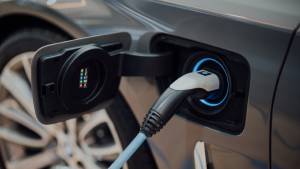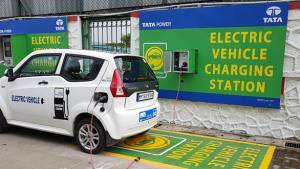Maharashtra EV policy 2021: Everything you need to know
The state of Maharashtra has introduced the Maharashtra EV policy 2021, a revision of the policy introduced back in 2018. The new EV policy aims to make Maharashtra the top producer of BEVs in India in terms of annual production capacity) and for electric vehicles to make up 10 per cent of all new vehicle registrations(around three lakh vehicles a year) in the state by 2025. To this effect, the state government has pledged Rs 930 crore towards this policy valid till March 31, 2025, and announced EVs will be exempt from road tax and registration charges.
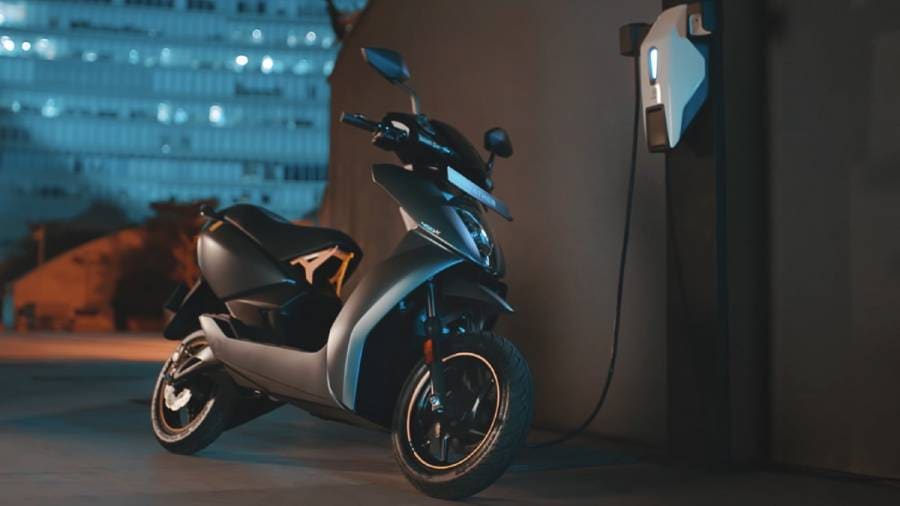
Maharashtra EV policy 2021: Electric Two-wheeler subsidy
Electric two-wheelers account for the largest share of incentives as part of the revised Maharashtra EV policy 2021, with the government expecting them to make up 10 per cent of all new vehicle registrations in the state by 2025.
The state will subsidise the first 1 lakh electric two-wheeler buyers, who are eligible for an incentive of Rs 5,000 per kWh of battery capacity, limited to Rs 10,000, double the previous cap of Rs 5,000). While that is lower than what the state of Gujarat has on offer, Maharashtra is offering an additional early bird incentive of up to Rs 15,000 (for an e-two-wheeler with a 3 kWh battery) for those who purchase the two-wheeler before December 31, 2021. In effect, if the chosen electric two-wheeler has a battery capacity of close to 3 kWh, buyers will be eligible for a total benefit of Rs 25,000 this year.
The Ather 450 Plus which is currently priced at Rs 1.23 lakh would effectively be priced at around Rs 98,231 for those who buy it before the end of the 2021 calendar year. Similarly, the Ather 450X currently priced at Rs 1.42 lakh would see its price drop to Rs 1.17 lakh for the remainder of 2021. The Revolt RV400 electric motorcycle currently priced at Rs 1.08 lakh would see its price effectively reduced to around Rs 83,000. With road tax and registration waived, their on-road prices would be quite close to their ex-showroom cost. There's also a scrappage incentive of Rs 7,000 on offer.
All incentives will be handed directly to the manufacturers of these vehicles, to save buyers the hassle of coordinating with government offices to receive their subsidy. Additionally, manufacturers of e-two-wheelers will also receive an additional incentive of up to Rs 12,000 for providing a minimum five-year warranty on the battery and an assured buyback scheme.
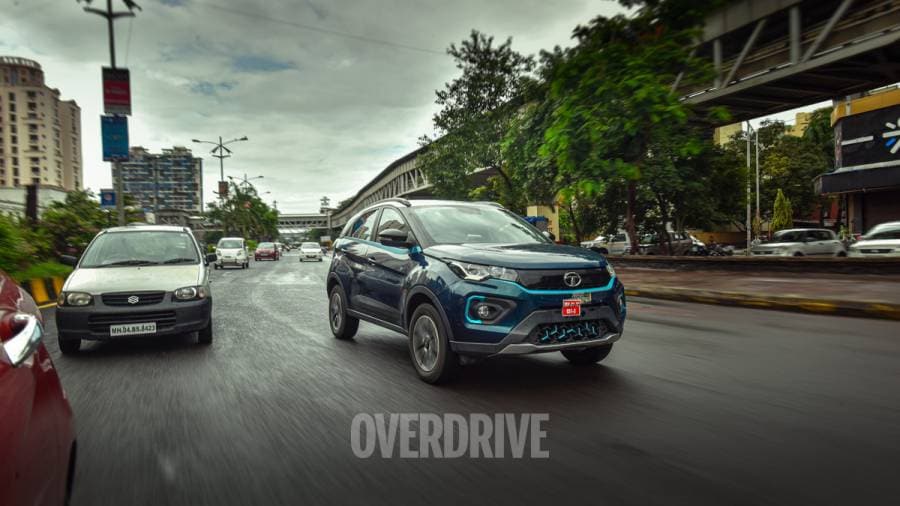
Maharashtra EV policy 2021: Electric car and SUV subsidy
The base incentive for electric cars and SUVs as per the Maharashtra EV policy 2021 is the same as for e-two-wheelers Rs 5,000 per kWh of battery capacity. However, the subsidy can be availed by vehicles with a battery capacity of up to 30 kWh, which spells a total incentive of Rs 1.5 lakh (Rs 50,000 higher than the previous limit). That is on par with what Gujarat and Delhi have to offer, but once again, sweetening the deal is the early bird incentive. For those who buy an electric car or SUV before December 31, 2021, there's an additional incentive of up to Rs 1 lakh, which brings the total subsidy up to a substantial Rs 2.5 lakh.
While it's unclear at this point if there is a fixed cap to determine eligibility of electric cars for the subsidy, it's unlikely that vehicles costing more than Rs 15 lakh will be eligible for the incentives. However, EVs under the Rs 15 lakh mark the Tata Tigor EV and two variants of the Tata Nexon EV will see their prices drop by a huge margin.
At least for the remainder of 2021, prices of the Tigor EV will drop by a little over Rs 2 lakh, which would mean the electric compact sedan would be priced between Rs 8.5 8.9 lakh. Similarly, the base Tata Nexon EV XM version will see its price drop from Rs 13.99 lakh to about Rs 11.49 lakh a straight reduction of Rs 2.5 lakh.
Mind you, these prices will again immediately rise by Rs 1 lakh on January 1, 2022, once the early bird incentive is no longer on offer. Additionally, there's a scrappage incentive of Rs 25,000, but there's no incentive for manufacturers providing assured buyback or battery warranty.
Maharashtra aims to subsidise 10,000 electric car and SUV buyers under the revised policy and hopes electric cars will make up five percent of new vehicle registrations in the state by 2025. To that end, it has announced any new vehicles inducted into the government fleet starting April 2022 will be electric-only.
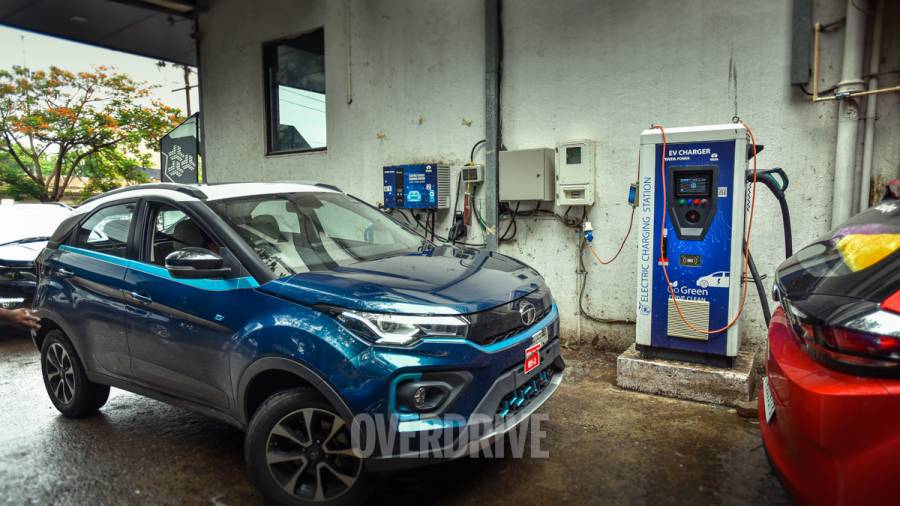
Maharashtra EV policy 2021: Charging infrastructure incentives
Maharashtra is working to develop a comprehensive charging network across the state, and is targeting setting up around 2,500 charging stations in seven urban agglomerates in the next four years. 1,500 of those are to be set up in the Greater Mumbai region; 500 in Pune, 150 each in Nagpur and Nashik, 75 in Aurangabad, 30 in Amravati and 20 in Solapur. The establishment of these stations will cover four major highways Mumbai-Pune, Mumbai-Nashik, Mumbai-Nagpur and Pune-Nashik.
Those setting up the first 15,000 slow chargers will be eligible for an incentive of up to Rs 10,000 per charger, and those establishing the first 500 fast chargers will be eligible for a subsidy of up to Rs 5 lakh per charger. Additionally, the policy states urban local bodies will be encouraged to provide property tax rebates to residential owners for setting up private charging infrastructure on their premises.
To further promote EV adoption, the government has made it mandatory for all upcoming property projects to have dedicated, EV-ready parking spaces to the tune of 20 per cent in residential apartments, 25 per cent in institutional and commercial complexes and 100 per cent in government offices.
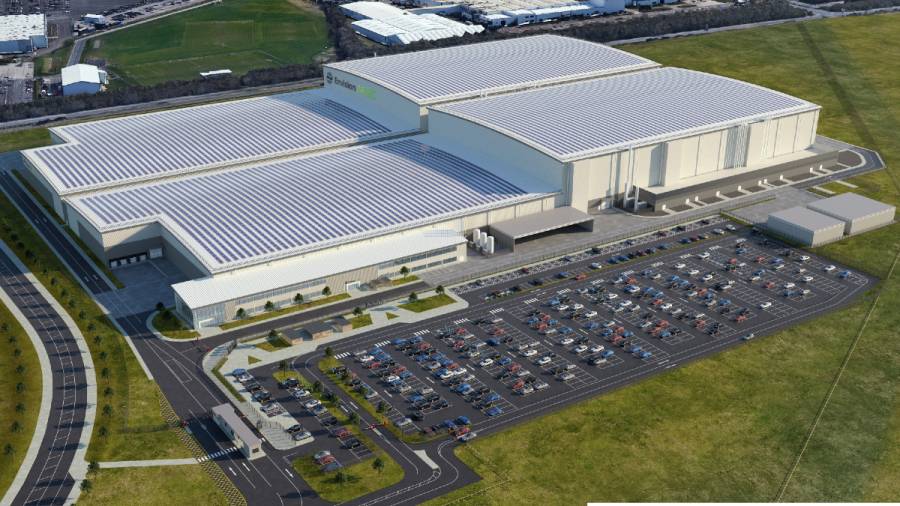
Maharashtra EV policy 2021: Gigafactory plans, public transport electrification plans
As part of its EV policy 2021, Maharashtra will also offer supply-side incentives, which haven't been disclosed at this time. However, the state has revealed it will incentivise setup of EV production facilities, advanced chemistry cell battery factories, EV component manufacturing plants. Maharashtra has stated it is targeting the establishment of at least one Gigafactory, and has also welcomed a facility for manufacturing hydrogen fuel cells. Recently, Reliance Industries had announced it will set up a hydrogen fuel cell Gigafactory in Jamnagar, Gujarat.
Additionally, Maharashtra is targeting electrification of 25 per cent of all public transport and last-mile delivery solutions over the next four years in Greater Mumbai, Pune, Nagpur, Nashik and Aurangabad. 15 per cent of all MSRTC buses will be electrified by 2025. The government is also offering incentives of up to Rs 30,000 for e-three-wheelers (Rs 75,000 in 2021) and Rs 20 lakh for electric buses. EVs sold without a battery will only be eligible for 50 per cent of the proposed incentives.
Also Read,
Gujarat EV policy: Everything you need to know
Living with an electric car: Mumbai-Pune roadtrip in a Tata Nexon EV
Electric Vehicle business ideas and opportunities?
Starts Rs 6.95 Lakhs
1497cc
Automatic
110
260
21.5 Kmpl
Starts Rs 13.99 Lakhs
-NA-
Automatic
129
245
-NA-
Starts Rs 5.75 Lakhs
1199cc
Automatic
86
113
-NA-
